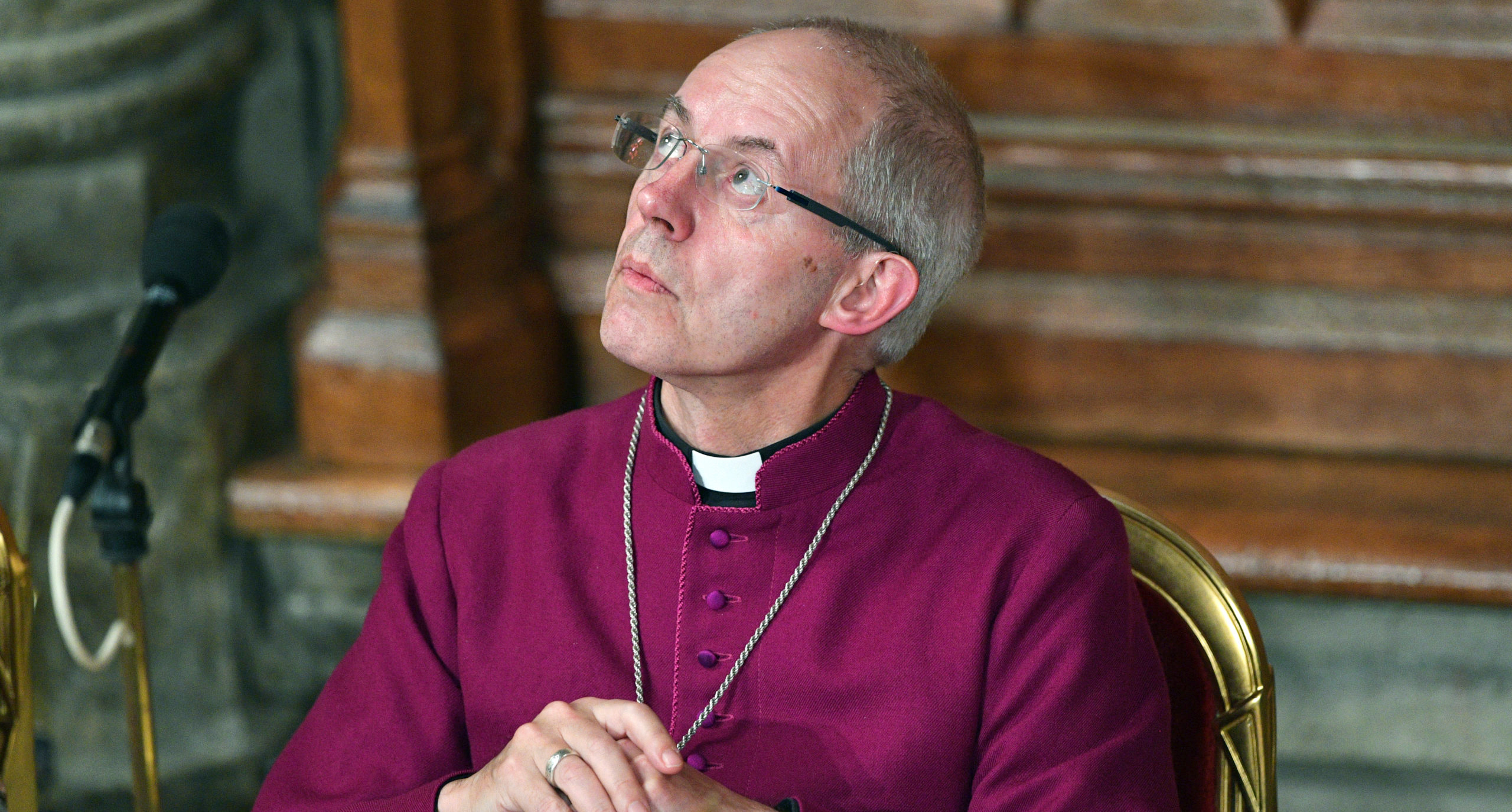Some fighting spirit, at last, from Church of England traditionalists. Last week, they launched a campaign, ‘Save the Parish’, vociferously attacking Archbishop of Canterbury Justin Welby’s attempts to save the church.
But although Save the Parish is right in what it seeks to defend — the local church is, I believe, the hope of the world — it is wrong in what it’s intent on attacking. Welby more than anyone wants churches in every corner of the country. Up and down the land he longs for churches opening, reopening and, crucially, filling.
Save the Parish seems to have missed this. Giles Fraser writes that: ‘the centre of gravity in church affairs – as well as the funding – has shifted from the local parish towards an increasingly bureaucratised and centralised church structure.’
Yet in fact, as one Suffragan Bishop informs me, the vast majority of the Church of England’s church planting initiatives in recent years have been into existing parishes. Many church closures have been fought (the once-doomed St. Peter’s Brighton, for example, now boasts a congregation of 800 people). Last month, meanwhile, the Church Commissioners’ Strategic Development Fund (SDF) awarded £24 million to eight dioceses (bringing the total to £166 million since 2014).
What is July’s cash injection to be spent on? Inter alia refurbishing churches (the Diocese of Manchester will allocate its share to The Ascension, Hulme) and renewing mission in extant congregations in particularly deprived areas (the Diocese of Chelmsford is to invest its new share in All Saints, West Ham). Alongside these moves, larger churches in one city have sponsored smaller ones in another, in a kind of reverse social Darwinism. New wine — that is, clergy, cash and lay people — has been poured into old wineskins.
What is frustrating about the traditionalists is that they don’t seem to be willing to make room for secular 21st century Brits. Father Marcus Walker, Rector of St. Bartholomew’s in London, at the launch of Save the Parish dismissed ‘a style of church set up in a cinema or bar or converted Chinese takeaway,’ but this has the whiff of snobbery about it. It seems to suggest that people exist for the sake of the church, not the church for the sake of people. Jonah felt the same way about the Ninevites. He, not they, were engorged by the obliging whale.
Then there’s the criticism that any ecclesial attempts to innovate, to do things differently, to experiment is, as academic Alison Milbank puts it, ‘a capitulation to market values.’ This, again, simply isn’t true. The church is merely tying to reach as many souls as it can.
Jesus of Nazareth clearly saw his mission as a desacralizing one. Instead of hallowing one particular place in which to worship, Christ tells the Samaritan woman in John 4, ‘a time is coming and has now come when the true worshippers will worship the Father in the Spirit and in truth, for they are the kind of worshipers the Father seeks.’ It wasn’t about stones any more, he taught, it was about people.











Join the discussion
Join like minded readers that support our journalism by becoming a paid subscriber
To join the discussion in the comments, become a paid subscriber.
Join like minded readers that support our journalism, read unlimited articles and enjoy other subscriber-only benefits.
Subscribe